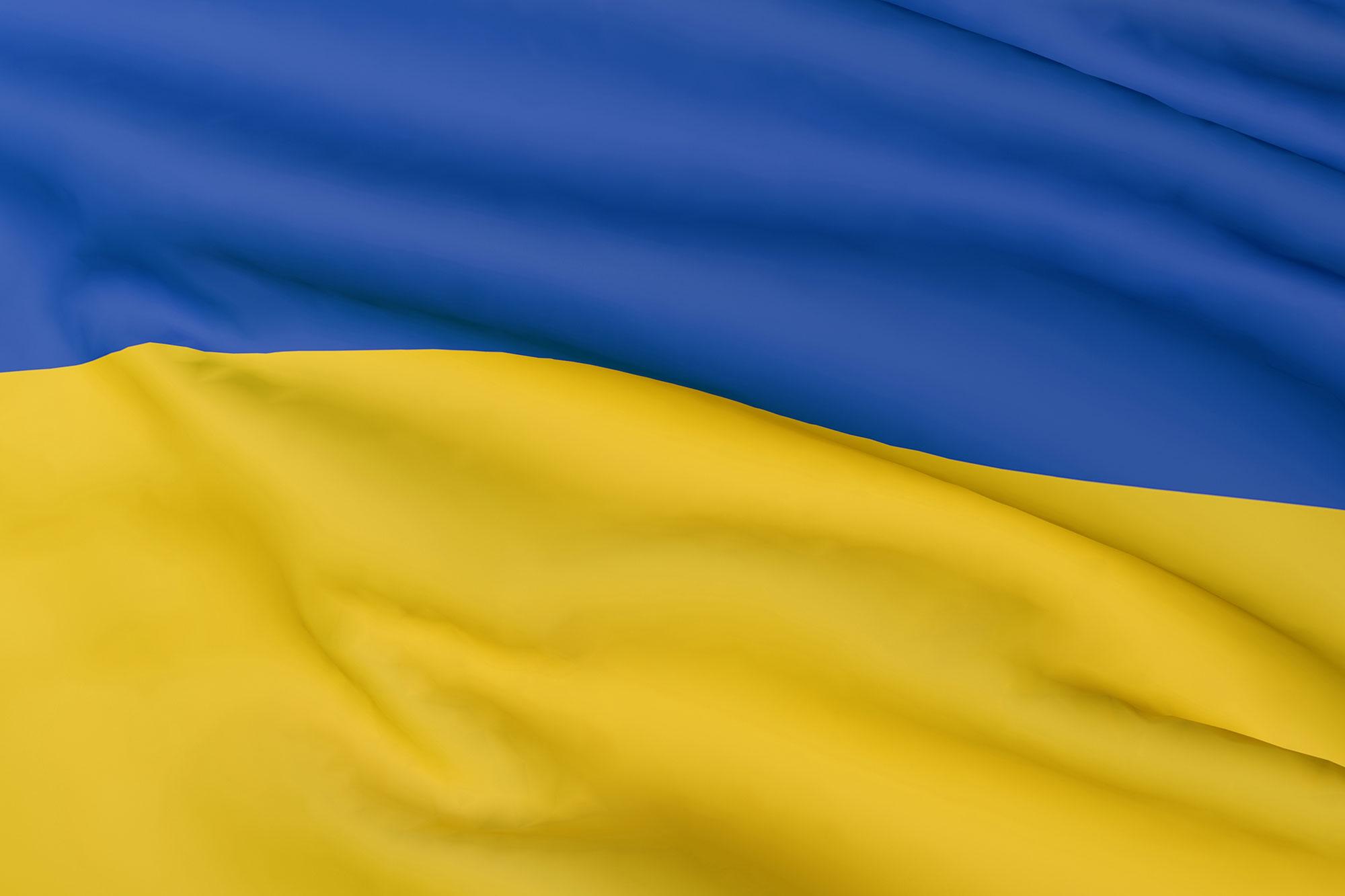War in Ukraine: Measures for researchers

In 2022, the SNSF made nine million Swiss francs available to support researchers who had fled Ukraine at Swiss universities. In 2024, it funded 20 projects as part of a joint call with the NRFU, its Ukrainian counterpart.
Joint SNSF and NRFU call
The SNSF and the Ukrainian research funding organisation NRFU launched a joint call, the results of which were announced in August 2024. Twenty joint projects will be funded with a total of 7.6 million Swiss francs. In addition to the costs of the research in Switzerland, the salaries of 80 researchers in Ukraine will be paid for a duration of 2 to 3 years.
Key points:
- Each application will need to be submitted by an applicant in Switzerland and an applicant in Ukraine.
- For the Swiss side, in principle the same SNSF project funding criteria apply as for the other bilateral programmes of the Swiss government, the contact person is Arthur Friedli. For the Ukrainian side, the rules of the NRFU apply and the contact address is nrfu@nrfu.org.ua
Currently, the following options are still being offered for researchers from Ukraine at Swiss universities:
Project extensions
If a research project might experience delays because of the war in Ukraine, a request for an extension of up to 12 months can be made. This also applies if team members have to postpone their work so as to be able to help people close to them who are affected by the war.
Doctoral studies
Doctoral students whose work might be delayed because of the war in Ukraine can apply for an extension of up to 12 months beyond the usual four years of SNSF funding for doctoral studies.
Situation in Russia
If an advanced research project or doctorate is progressing less quickly than planned due to the situation in Russia and Belarus, an extension of up to 12 months may be requested.
Employment in ongoing SNSF projects
If you want to hire researchers from Ukraine as members of your team for an SNSF-funded project, you can do so as long as the salary costs are covered by the global budget you received from the SNSF. The usual SNSF salary ranges apply (also for doctoral students).
No further applications are possible for:
Scholars at Risk (fast track) and supplementary grants for hiring researchers from Ukraine
Due to the high demand for funding for researchers from Ukraine, the 9,000,000 francs made available by the SNSF in 2022 have already been exhausted. The SNSF cannot accept any further applications for supplementary grants for researchers from Ukraine. Proposals to support a Scholars at Risk placement are still possible, but they must adhere to the general process for such proposals, including a prior assessment by Scholars at Risk in New York.
FAQ
a) Who is eligible for these additional measures?
Anyone who receives SNSF funding and whose work is affected by the war in Ukraine is eligible for support. These are:
- doctoral students
- researchers
- projects
The SNSF will carefully assess all applications with the aim of providing fast, flexible and unbureaucratic support where needed.
b) How can I extend my project if it has been affected by the war in Ukraine?
For project extensions of any kind, please submit a request for an “Extension of funding period” via mySNF. Extensions can be granted for delays in research or if people hired on a project are absent for more than a month for reasons connected to the war in Ukraine.
c) How can I extend the duration of my doctoral studies?
The SNSF generally funds doctoral studies for up to four years. If your studies are delayed because of reasons connected to the war in Ukraine and may therefore last longer than four years, you can apply for an extension of up to 12 months. To do so, please submit or ask the principal investigator of the project to submit a new request for “Departure of an employee” using the container "Messag-es/request" in mySNF. Please indicate the new desired departure date and include a brief explanation of the reason for the extension under “Comments”. If the project itself also needs to be extended, please proceed according to FAQ 2.
News